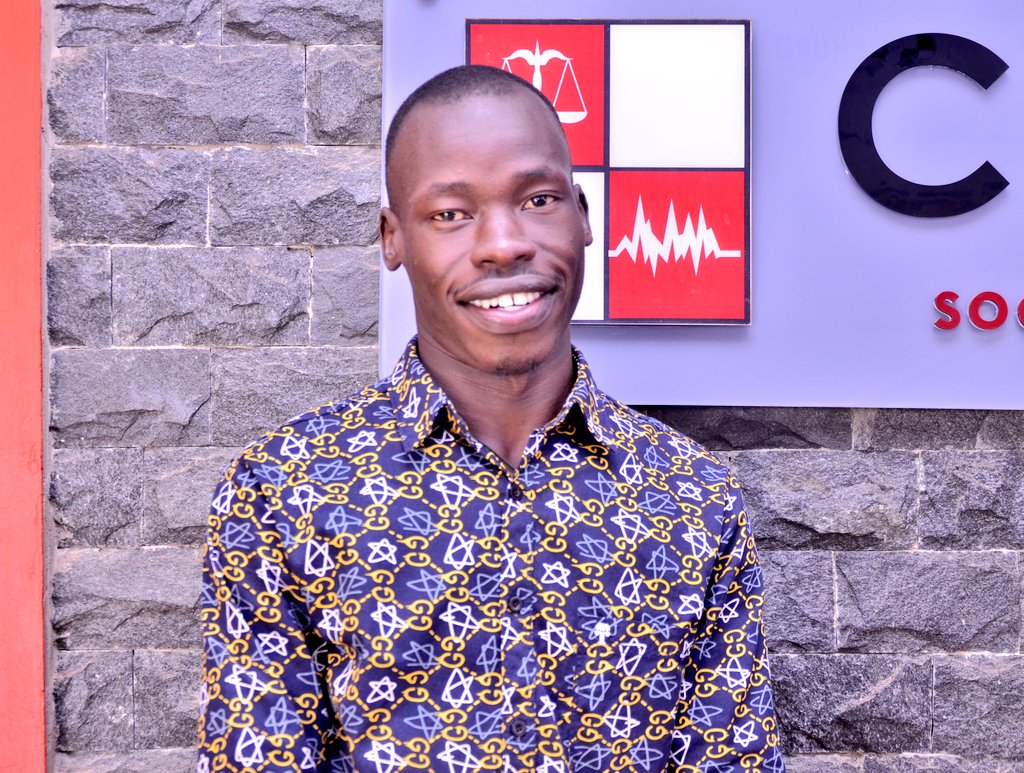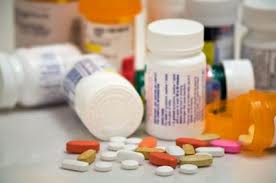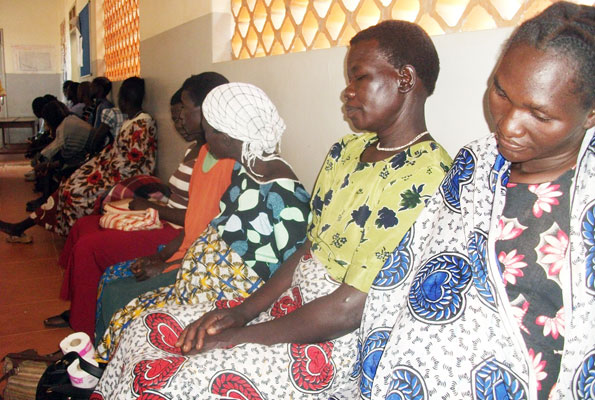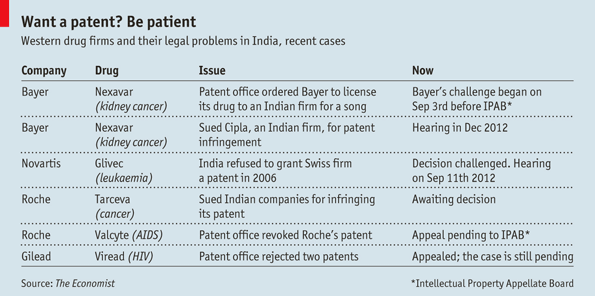CEHURD launched a national campaign to raise awareness of and advocate for safety in health-care facilities, recognizing that safety is a prerequisite for a strong health-care system.
Israel iya jeep
Post-World Patient Safety Day 2022 by Israel Iya Jeep
The world patient safety day is observed annually on 17th September with the objective of increasing public awareness and engagement, enhance global understanding, and work towards global solidarity and action by member states to promote patient safety.[1] Across the world, unsafe medication practices and medication errors are a leading cause of avoidable harm in health care [l1] and this year’s theme for the World Patient Safety Day embraces this fact. The theme builds on the ongoing efforts by the World Health Organization to ensure medication without harm. The theme provides the necessary motivation to take urgent action towards reducing medication-related harm through strengthening systems and practices of medication use.[2] The world patient safety day is thus a global campaign calling on stakeholders to prioritize and take early action in key areas associated with significant patient harm that may occur due to unsafe medication practices. Furthermore, the world patient day offers great potential to raise awareness and understanding of health issues and mobilize support for action, from local communities to the international stage to further the fundamental principle of medicine “do no harm”.[3]
CEHURD with support from the Joint Advocacy for Sexual and Reproductive Health and Rights (JAS) Programme in commemoration of world patient safety day, kick-started a national campaign to amplify and advocate for safety in health facilities, recognizing that safety is a prerequisite for a strong health system. CEHURD is contributing – towards ensuring safety issues in health facilities are addressed and to this end, CEHURD has challenged the actions and inactions of hospitals that put patients safety at stake for instance, it challenged Mulago hospital on new born care and management, challenged the actions and omissions of the government of Uganda for failure to provide minimum maternal health services in petition 16 – What the constitutional court decision on access to basic maternal healthcare means, CEHURD with the Uganda Medical Association advocated for Prioritization of safety of health workers to protect patients during covid-19-and-beyond, an increase of salaries for health workers, documented facts on the state of health facilities and amplified the voice to renovate, build and ensure adequate health infrastructure. All these efforts are aimed at ensuring that patients’ safety is guaranteed and no patient suffers injury or dies because of unsafe and poor health care.
CEHURD’s efforts have recorded stories of success and progress in the health sector; he first success was achieved in constitutional appeal 01 of 2013, In this case, CEHURD contended that the non-provision of basic indispensable health maternal commodities in government health facilities and the imprudent and unethical behaviours of health workers towards expectant mothers contravened the constitution. The supreme court, in rejecting the political-question-doctrine defence raised by the Attorney General, held that the executive cannot escape scrutiny where its actions or inactions violate constitutional provisions and that Article 20 of the constitution does not exclude any institution from respecting, upholding and promoting human rights.
In addition to the above, the supreme court opened gates for public interest litigation especially in the area of health rights and patient safety when Justice lady Esther Kisaakye held that it’s not a requirement under the constitution for a petitioner who seeks redress to show that they suffered a personal legal grievance. CEHURD has leveraged on this order to bring legal action to advance health rights and cause structural reforms in the health sector as demonstrated in civil case No. 212 of 2013 in the High Court of Uganda between Center for health, human rights and development and others v Executive Director Mulago Hospital and others. In this case, court issued orders in form of structural interdicts in the health sector for instance orders requiring that Mulago hospital as a mandatory obligation takes steps to ensure and or enhance the respect, movement and safety of babies, dead or alive in hospitals and orders relating to the Executive Director of Mulago hospital to submit as a mandatory duty a written report every after 4 months regarding the steps taken to enhance the respect, movement and safety of babies to CEHURD.
Still in the jurisprudential circles, the dismissal and the decision in Uganda v Kato Frederick criminal case 56 of 2020 builds confidence among medical practitioners to continue providing safe-post-abortion care to different people that enter the doors for help which in turn may reduce the severe effects of unsafe abortion that contribute to high maternal mortality rates[l2] . The case demonstrates that medical practitioners can provide safe post abortion care without fear of getting prosecuted.
CEHURD has conducted policy and legal framework mapping aimed at identifying laws, bills, policies, strategies and guidelines affecting self-care to identify opportunities and gaps that inform advocacy for institutionalization of self-care in Uganda. [l3]
CEHURD has also conducted research and facilitated investigations on the state of health facilities in Uganda for example the “No safety guarantees in moribund health system | PANORAMA” documentary which identified issues relating to poor quality health care, health expert shortage, unskilled man power, inadequate documentation of statistics relating to patient safety, inadequate man power, lack of infrastructure, ageing infrastructure among others. All these efforts have culminated into structural reforms in the health sector such as provision of safety gears to health workers, mitigating health expert shortage, building homes for cancer patients at the Mulago cancer institute, renovation of Busolwe Hospital, and influencing budgetary innovations in the health sector.
CEHURD has condemned detention of persons with mental illnesses and patients in health facilities, emphasising that Hospitals are not gazetted detention facilities according to the law of Uganda, and that there are special places where we have to detain people “No health facility is allowed to detain patients for any reason despite the business background. If people owe you, hand them to institutions who have that mandate.” ~ Dr Katumba | Uganda Medical & Dental practitioners’ Council.
We talk about these successes, achievements, progress to inform, influence, and inspire movements, the government, and all stakeholders to join the campaign aimed at causing positive structural changes in our heath sector and ensuring patient safety because a flourishing health sector is key in achieving our national goals. We call everyone to engage in advocacy efforts with key stakeholders including developing national campaigns, organizing policy forums, advocacy and technical events, capacity-building initiatives, lighting up iconic monuments with the goal of pursuing the objectives of the world patient safety day and the year’s theme of raising global awareness on the high burden of medication-related harm due to medication error and unsafe practices. We must not tire to advocate for urgent action to improve medication safety through engaging with health workers and other partners in the health sector in the efforts to prevent medication errors and reduce medical-related harm. We must empower patients and families to be actively involved in the safe use of medication, and scaling up implementation of the global patients’ safety challenge which is medication without harm.
In conclusion therefore, we all have a role to play in ensuring patient safety and the call for all persons to fully embrace and actively take part in activities aimed at promoting awareness and mobilize support for safety in health facilities at large.
The writer is an intern at the Center for Health, Human rights and Development.
[1] World patient safety day 2022 accessible at https://www.who.int/news-room/events/details/2022/09/17/default-calendar/world-patient-safety-day-2022
[2] Supra
[3] World patient safety day accessible ta https://nationaltoday.com/world-patient-safety-day
[l1]This is repeated in the same sentence so lets keep the one at the beginning of the sentence
[l2]I don’t know if this is a fact because we don’t have evidence that the numbers have reduced
[l3]This is not very accurate so just leave it out.





